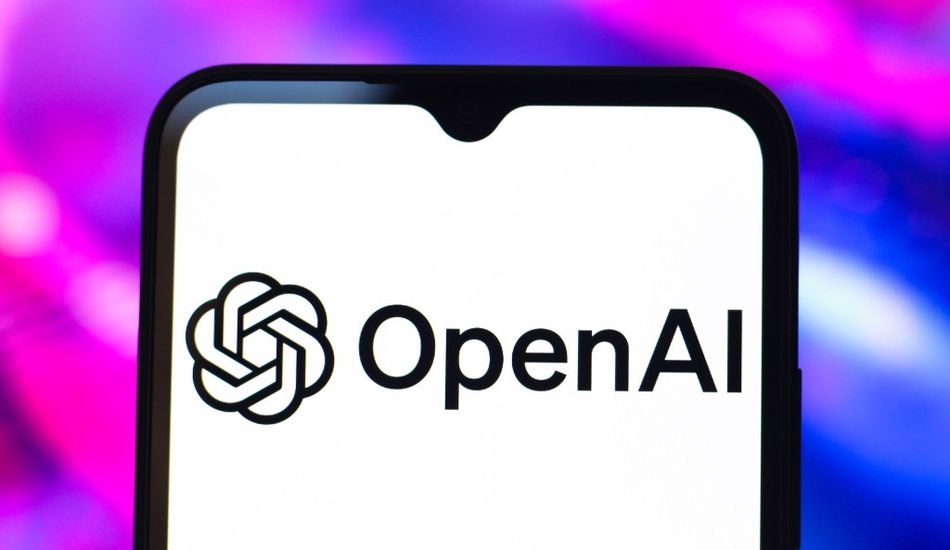
OpenAI Asks for Gov Help to Build AI Data Centers, Clarifies Loan Guarantee Stance
So, OpenAI's been chatting with the government about getting some help building their AI data centers. It all started with a letter where they suggested expanding a tax credit – the Advanced Manufacturing Investment Credit (AMIC) – to include things like AI servers and the electrical components needed to power these massive data farms. This AMIC is pretty sweet; it's a 35% tax credit that came about as part of the Biden administration's Chips Act.
The idea is that by making it cheaper to build these facilities, the US can speed up its AI development. Chris Lehane, OpenAI's chief global affairs officer, thinks this move would encourage more private investment by lowering the financial risk. Basically, it's about removing obstacles and speeding up the whole AI infrastructure build-out here in the States.
However, it seems things got a little muddled recently. There was some talk about the government "backstopping" OpenAI's infrastructure loans. Their CFO, Sarah Friar, mentioned it at an event, but later clarified that OpenAI isn't actually looking for a government guarantee on their infrastructure commitments. It appears the word "backstop" caused some confusion.
Sam Altman, OpenAI's CEO, also jumped into the conversation, stating clearly that they don't want government guarantees for their data centers. He emphasized the principle that governments shouldn't be in the business of picking winners and losers, and that taxpayers shouldn't have to bail out companies if they mess up. I feel that's a fair point. Government intervention should be carefully considered.
But don't get me wrong – OpenAI isn't exactly strapped for cash. Altman mentioned they're expecting to hit over $20 billion in annual revenue by the end of 2025, and potentially hundreds of billions by 2030. They've also made capital commitments of $1.4 trillion over the next eight years.
In the end, OpenAI seems to be looking for ways to make it easier and cheaper to build the massive infrastructure needed for their AI ambitions, without relying on direct government bailouts. It's a delicate balance between encouraging innovation and keeping things fair for everyone. While there may be some controversy about it, it seems that the most important aspect is a more efficient AI evolution.
Source: TechCrunch